The Community Preservation Committee at its meeting Thursday night continued to review projects requesting fiscal year 2026 funds, acknowledging the challenge of allocating money in a tight economy.
Under the Community Preservation Act that was signed in 2000, Massachusetts communities may add a surcharge on top of their local property taxes to fund open space, historic preservation, outdoor recreation and affordable housing projects. The current rate for Hopkinton is 2%. At least 10% of CPA funding must be spent on each of these four categories, with the rest available for any category. The CPC administers the allocation of these funds based on submitted proposals.
Historical, open space projects likely to be funded
Chair Ken Weismantel reviewed the funding available in each bucket at the start of the meeting. The total amount available is $8,312,494, with the money available for open space projects equaling $1,300,610. The historic preservation fund has $1,061,782, while the recreation fund has $636,143 available. Undesignated funding totals $4,066,219. There have been no applications for affordable housing, but its bucket contains $1,247,740.
Weismantel pointed out that the proposed accessible playground, which will be discussed in detail at the Nov. 21 CPC meeting, would create a deficit in the recreation bucket if no undesignated funds were used. The project is currently estimated to cost $2,130,000.
He added that there was enough money to fund the historic projects if they are all approved.
Later in the meeting, committee members questioned whether the Cemetery Commission’s request for $20,000 from the historical bucket for headstone restoration should be granted because the previous grant amounts were not totally spent. The person who performs the restoration only works three months out of the year.
Also, the specific headstones were not mentioned in the request. Cemetery Commission member Linda Kimball said it would be “an incredible amount of work” to document which individual headstones need to be repaired and which were previously completed.
Weismantel added that the open space request for $8,000 for a conservation restriction for Colella Farm would be funded. The Open Space Preservation Commission requested money to purchase the Canty, Casucci and Phipps properties, but the purchase amounts have not yet been determined. Because the parcels are small, Weismantel said he was “confident” that the land purchases could be funded.
Funding for accessibility improvements to library debated
Weismantel noted that he has not been advised by town counsel as to whether the request for accessibility improvements for the Main Street entrance of the Hopkinton Public Library could be funded through the historical bucket. The $47,114 request included $27,114 for a handrail for the sloped walkway and $20,000 for push-button accessibility for the front door.
The request was made jointly by the Commission on Disability, the library and the Historic District Commission. While the building is historic, Weismantel said it “may be a bit of a stretch” to allocate money from that source.
Member Eric Sonnett was adamant that the request should not come out of the historical bucket. Danielle Cook, the Hopkinton Public Library’s reference and technology supervisor, countered that the front of the library was built in the late 1800s, while the former church that was incorporated into the library was built sometime in the 19th century.
COD chair Holly Morand said this initiative was the top request made in a resident survey and public forum the commission conducted over the past two years on accessibility improvements needed in Hopkinton. It would also give people with disabilities a second emergency egress.
“The pathway is very beautiful but dangerous,” she said. “The front doors are extremely heavy for folks that don’t have any mobility problems or neurodegenerative issues.”
Sonnett said “the majority of your people come through the side” because that’s where the two accessible parking spaces are.
Responded Morand: “As a commission, we said if we don’t address this, we’re not really doing what we’re supposed to be doing within the community.”
COD member Nancy “Punky” Drawe spoke as a private citizen with a disability. She explained how hard it is for her to find an available accessible space when she uses the library. She also said she was “terrified” of using the sloped pathway, especially during inclement weather.
“God forbid something happens to me,” she stressed. “If I slide, I could go right off the edge. That would not be a good thing for the library or the town, believe me.”
Cook added that there are several requests made each day at the library for help with the front door. A recent survey showed that one-sixth of the 65,000 library patrons used the front door over the past year. She also said the sloped pathway is just short of being classified under the Americans with Disabilities Act as a ramp that requires a handrail, and “it is very slick.”
Parks & Rec requests prioritized
Parks & Recreation Department director Jon Lewitus explained that the department’s top priority is funding for three water fountain/refill stations. They would be constructed at a cost of $24,300 at the Town Common, the Sandy Beach bath house and the Fruit Street dog park.
CPC member Steve Levandosky noted that they would be appreciated by runners year round.
A $412,500 request for a driveway to be planned and constructed from Fruit Street to the proposed parking lot for the new Pyne Field cricket and baseball athletic fields was the most costly item requested.
Less crucial requests included $10,000 for a feasibility study for a splash pad at Sandy Beach and $18,000 to study the layout and use of Reed Park. This funding would allow Parks & Rec to make more complete requests in following years to complete these projects. Lewitus noted that the access road to the park is poor, but the site “has a lot of potential.”
Weismantel said Parks & Rec had a “big backlog” of projects that are in various stages of completion. They include the skate park at EMC Park, a cricket pitch and a boat dock, among others.
Lewitus explained that these projects would be completed by the beginning of the next funding cycle, if not sooner.
At the meeting’s end, Levandosky said CPC funding “is starting to get used as a cleanup for other messes.”
Added Terry: “We’re going to have some tough decisions.”


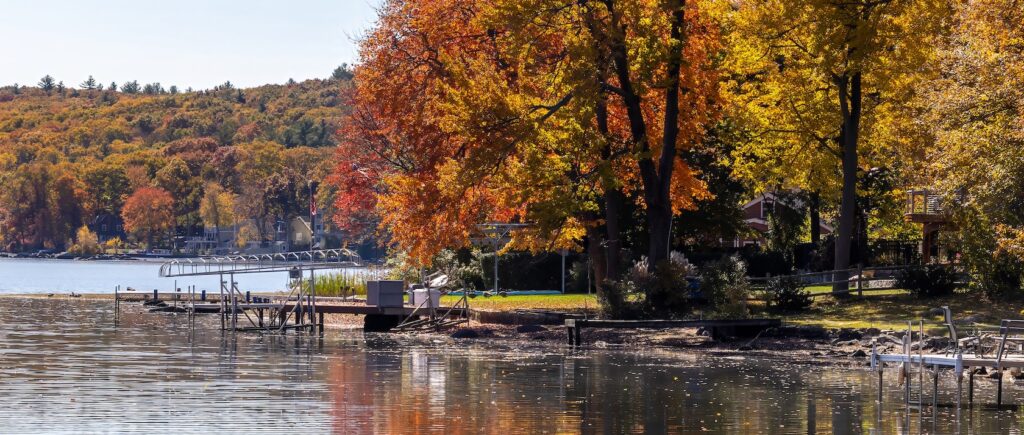
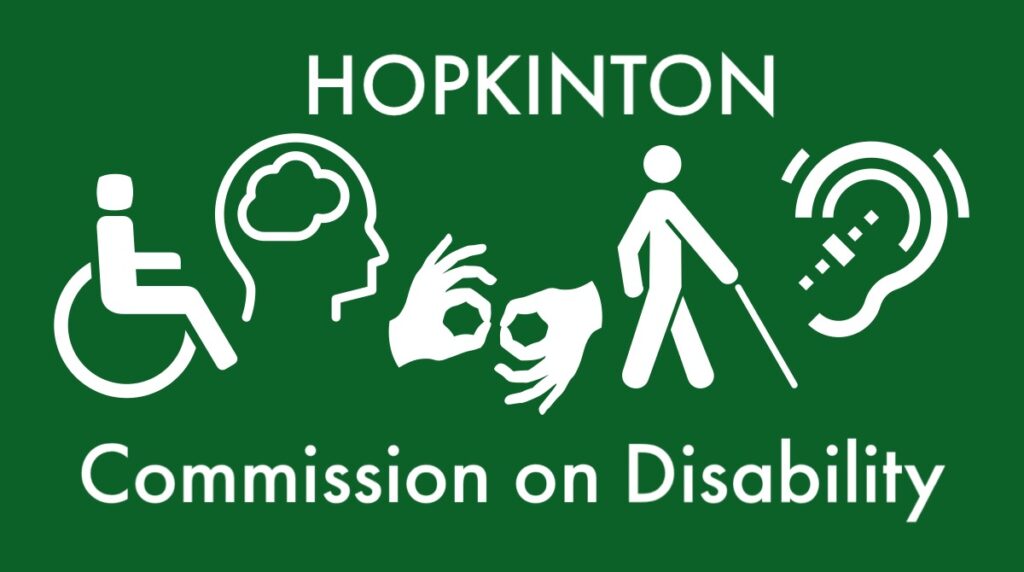
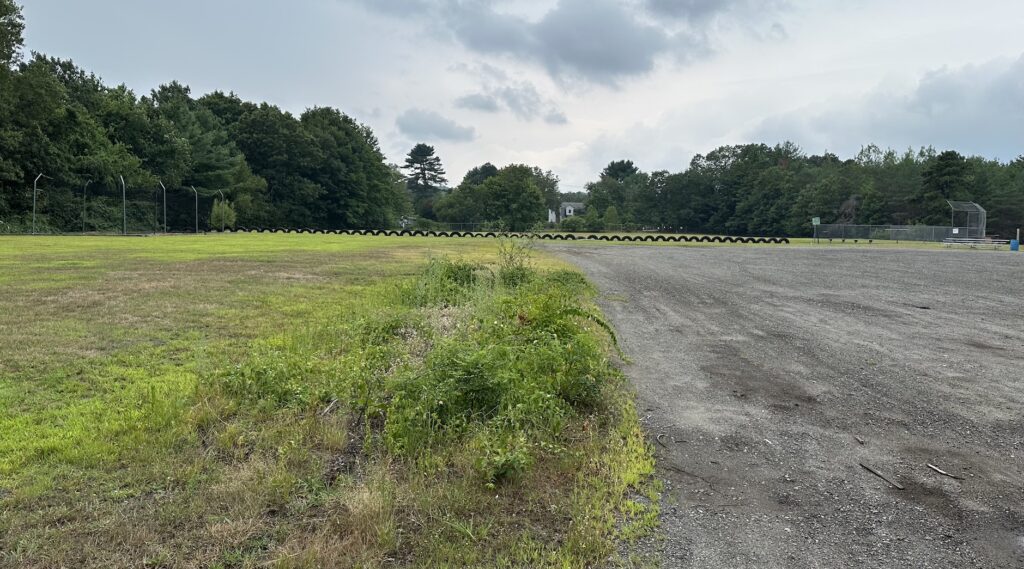
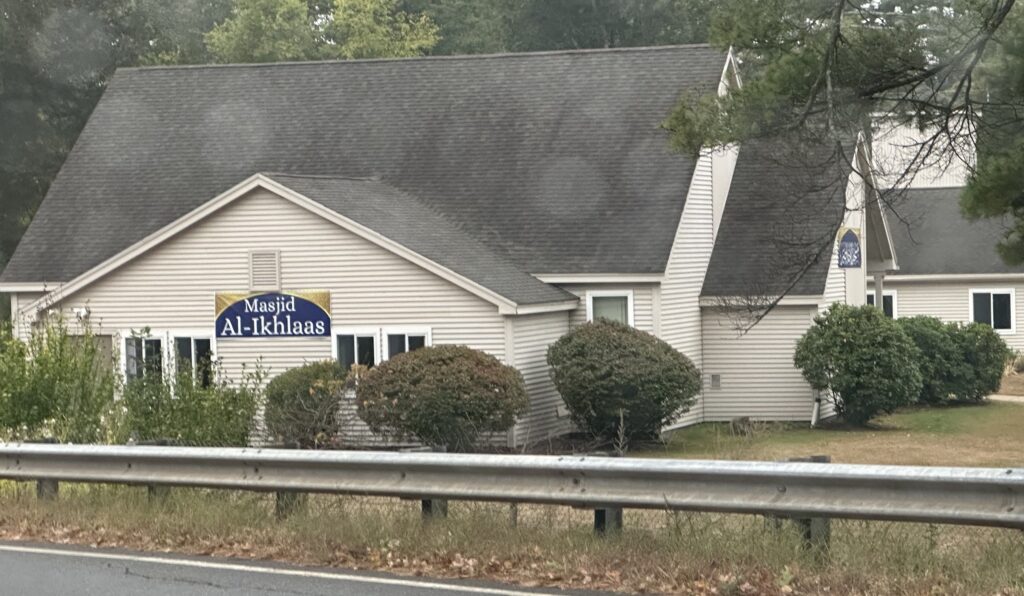

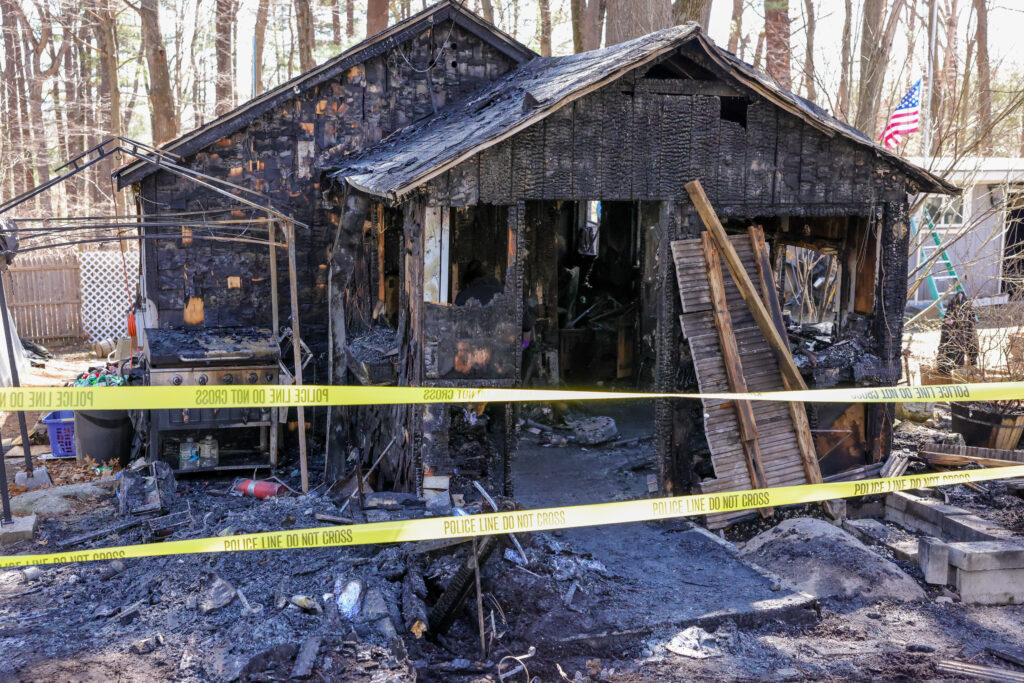













Sonnett said “the majority of your people come through the side”
Your people? Wow.